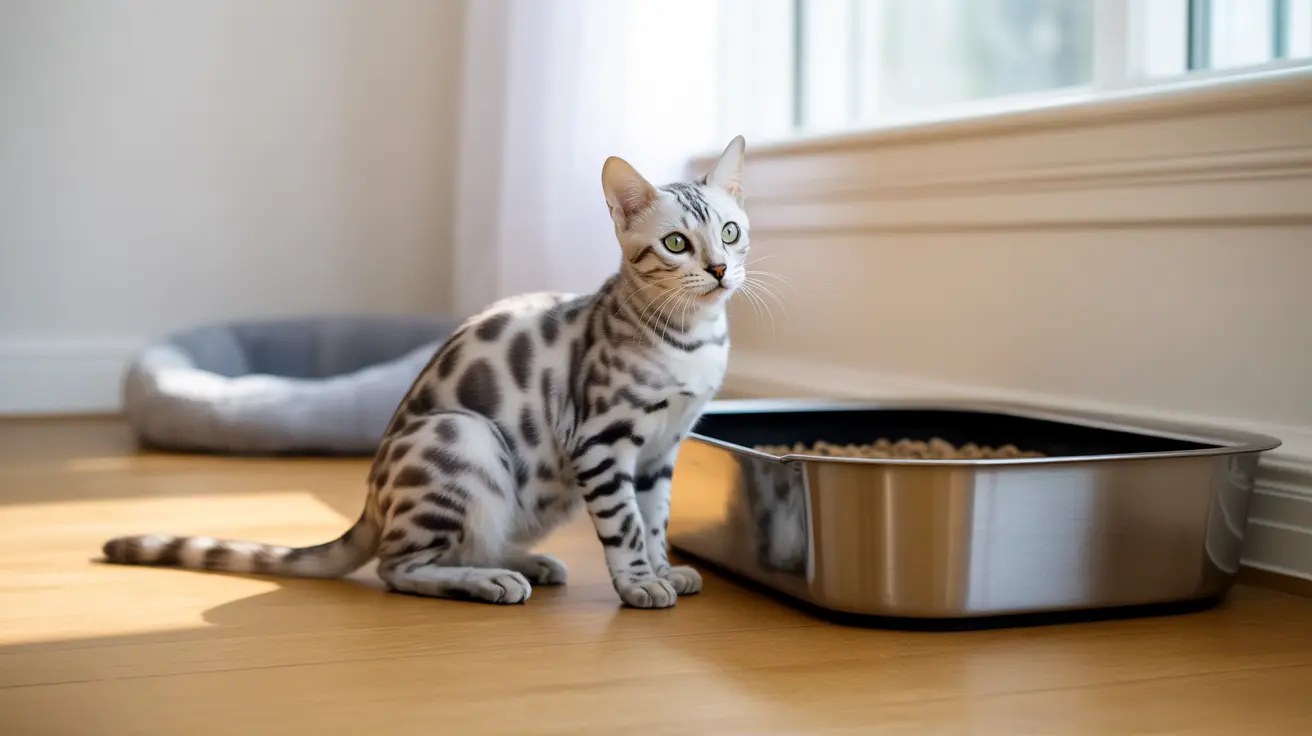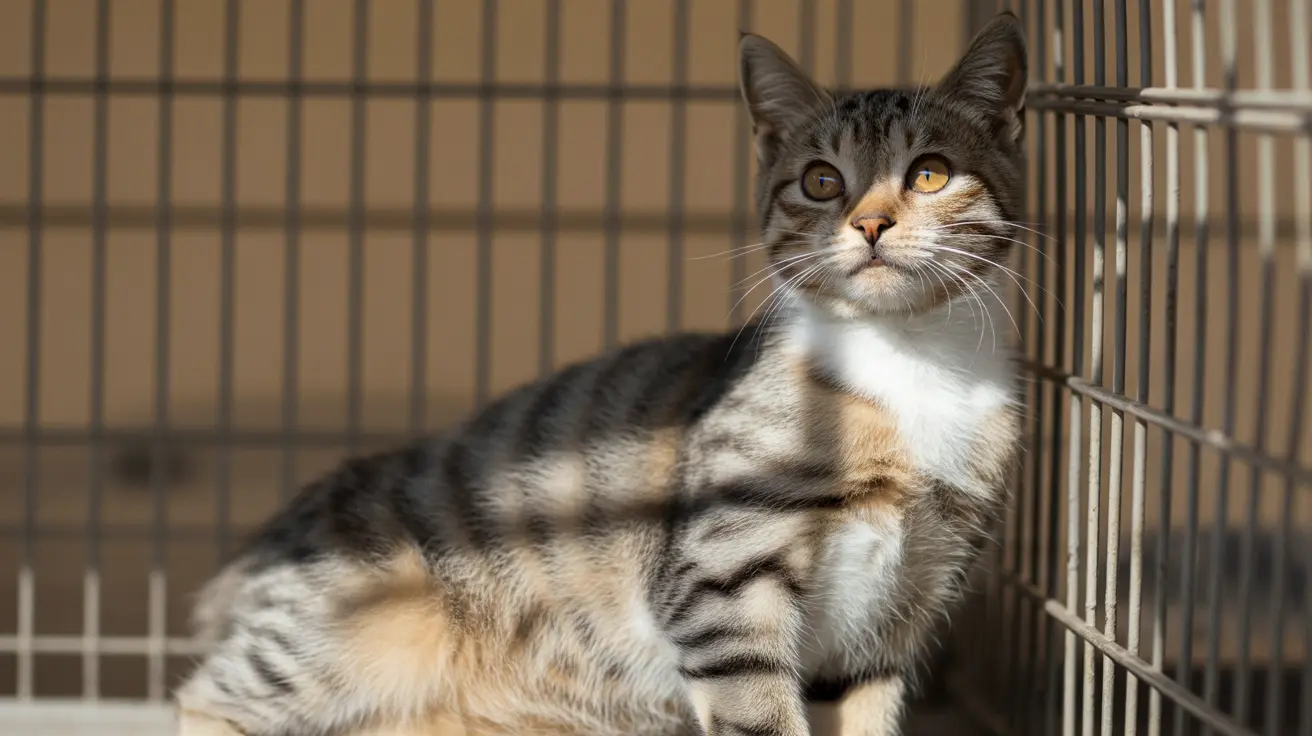Normal Cat Pooping Patterns vs. Concerning Changes
Healthy cats usually maintain a fairly consistent pooping schedule, typically once every 24 hours. However, normal variation can range from every 12 to 36 hours. Normal cat stool should be well-formed, deep brown in color, and have a firm but not hard consistency.
Any significant deviation from your cat's usual pattern, especially if accompanied by changes in stool consistency or color, warrants attention.
Common Causes of Increased Bowel Movements
Dietary Factors
The most common reason for increased pooping is diet-related. Recent changes in food, overfeeding, or consuming low-quality cat food can lead to more frequent bowel movements. Some cats may also develop food sensitivities or allergies, particularly to common ingredients like fish, beef, or dairy products.
Medical Conditions
Several health issues can cause increased pooping:
- Inflammatory Bowel Disease (IBD)
- Parasitic infections
- Bacterial or viral infections
- Hyperthyroidism (especially in older cats)
- Colitis
- Gastrointestinal cancers
Stress and Environmental Changes
Cats are sensitive to environmental changes, and stress can directly affect their digestive system. Moving homes, introducing new pets, or changes in routine can trigger increased bowel movements or diarrhea.
When to Contact Your Veterinarian
Seek immediate veterinary attention if you notice:
- Blood or mucus in the stool
- Black or tarry stools
- Diarrhea lasting more than 48 hours
- Lethargy or decreased appetite
- Signs of dehydration
- Vomiting alongside increased pooping
- Significant weight loss
Home Care and Management
For mild cases of increased pooping without other concerning symptoms, try these steps:
- Monitor food intake and ensure proper portion control
- Maintain a consistent feeding schedule
- Consider adding probiotics designed for cats
- Ensure fresh water is always available
- Keep the litter box clean and easily accessible
Prevention and Long-term Solutions
To help prevent future issues:
- Feed high-quality, age-appropriate cat food
- Make dietary changes gradually over 7-10 days
- Regular veterinary check-ups
- Maintain a stress-free environment
- Keep a log of your cat's normal bathroom habits
Frequently Asked Questions
Why is my cat pooping more frequently than usual?
Increased pooping can result from dietary changes, medical conditions, stress, or infections. Any sudden change in bowel habits should be monitored, especially if accompanied by other symptoms.
What dietary changes can cause my cat to have increased bowel movements?
Sudden food changes, overfeeding, poor quality food, or food allergies can lead to increased bowel movements. Always transition to new foods gradually over 7-10 days.
When should I be worried about my cat's frequent pooping and take them to the vet?
Seek veterinary care if you notice blood in stool, diarrhea lasting over 48 hours, lethargy, vomiting, or significant changes in appetite or weight.
How can I safely manage my cat's diarrhea or increased pooping at home?
For mild cases, ensure proper hydration, temporarily withhold food for 12-24 hours (with vet approval), then introduce a bland diet. Never withhold water.
Could stress or medical conditions like hyperthyroidism be causing my cat to poop more?
Yes, both stress and medical conditions like hyperthyroidism can cause increased bowel movements. If you suspect either, consult your veterinarian for proper diagnosis and treatment.






